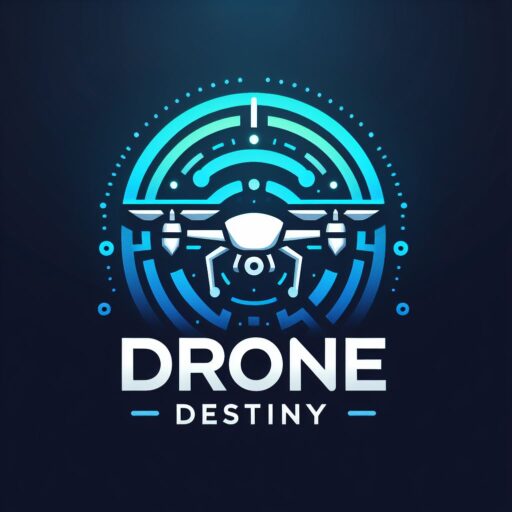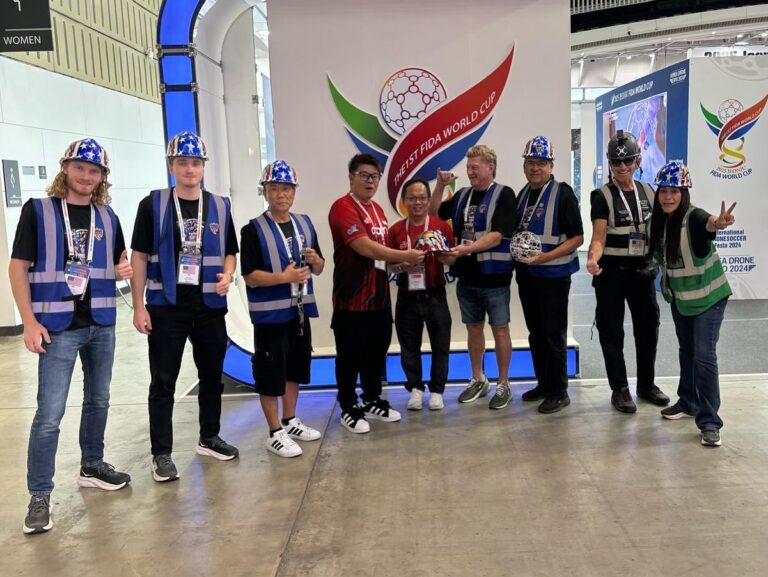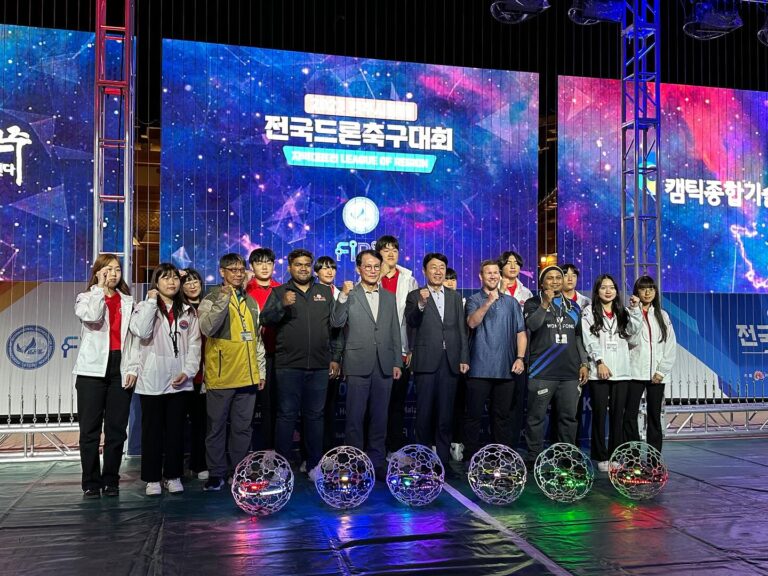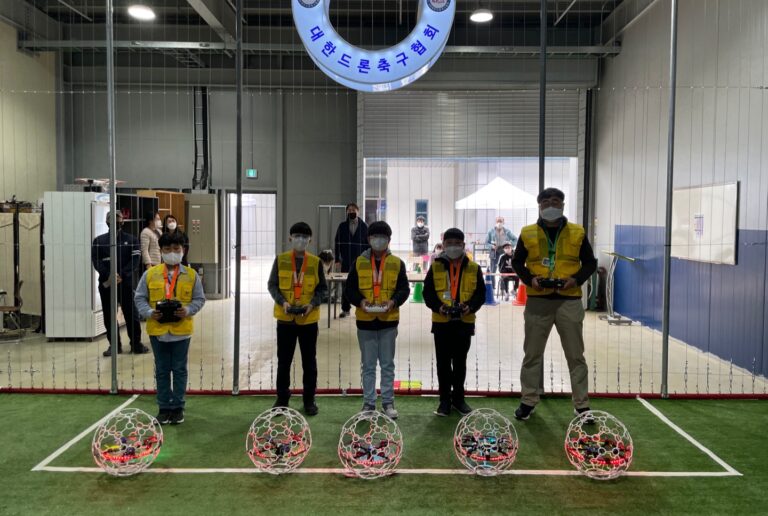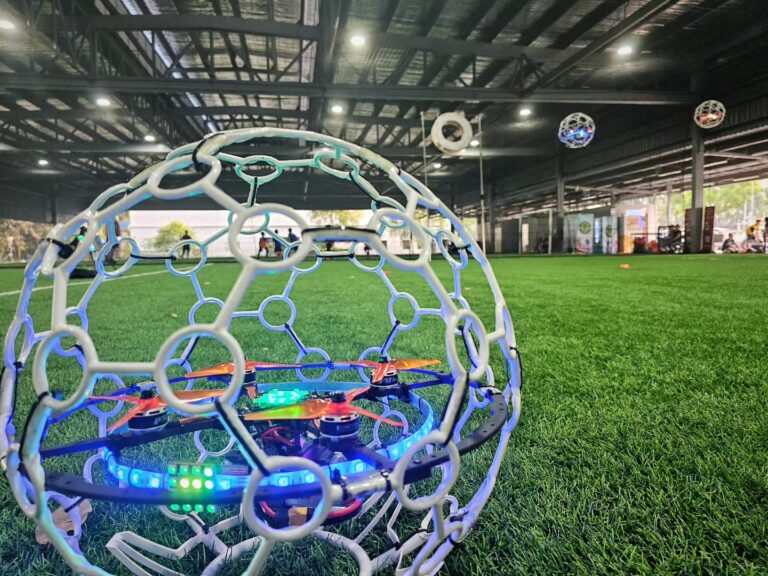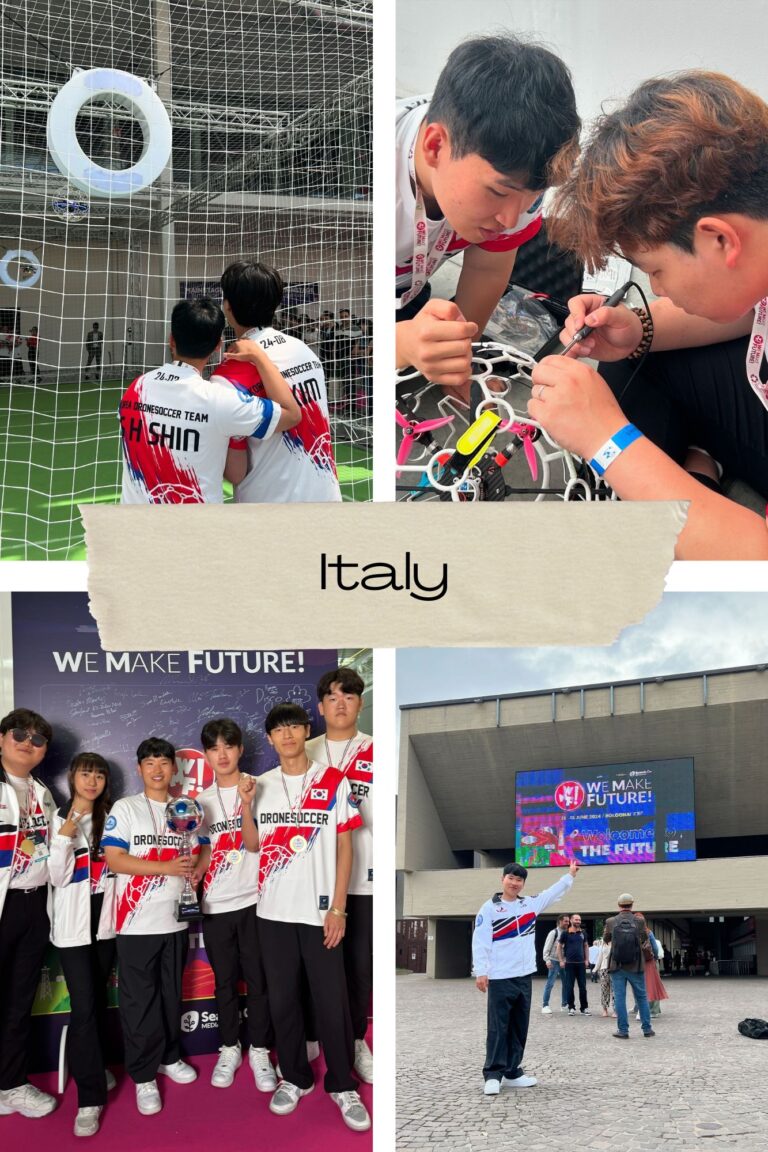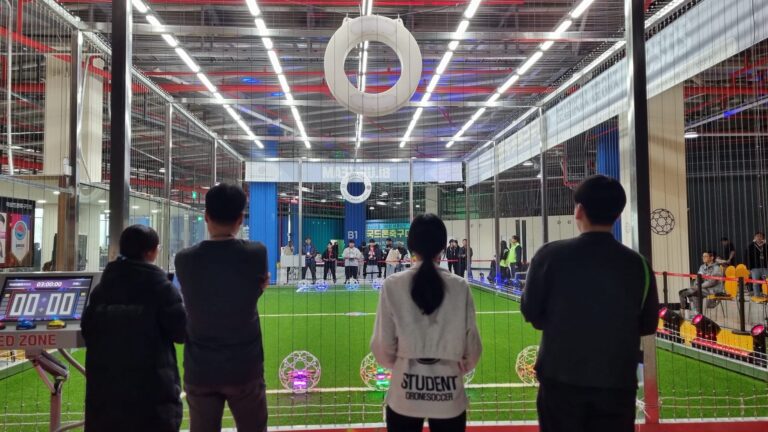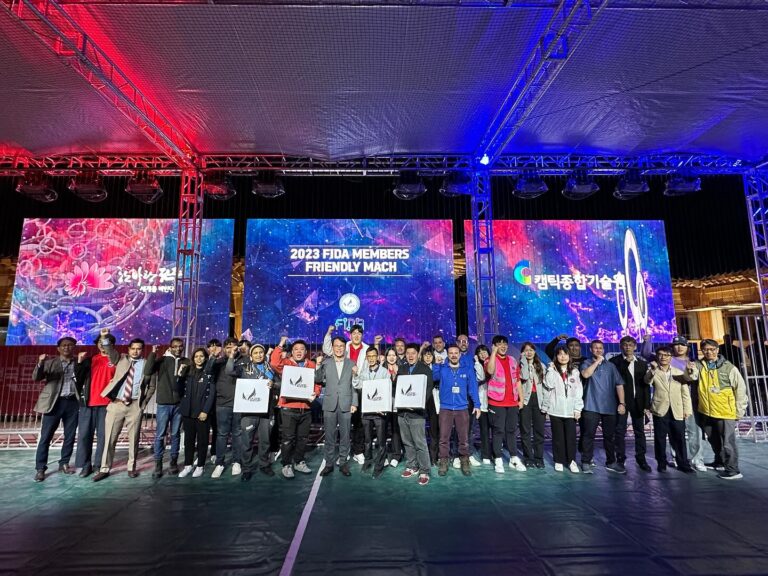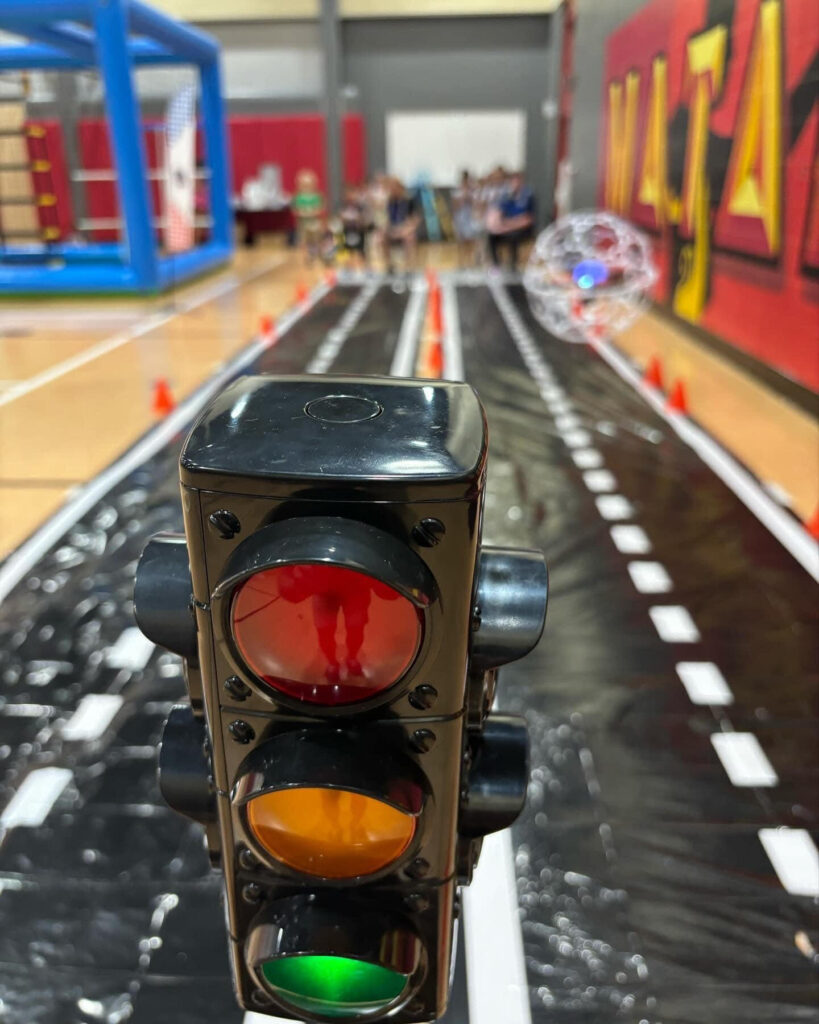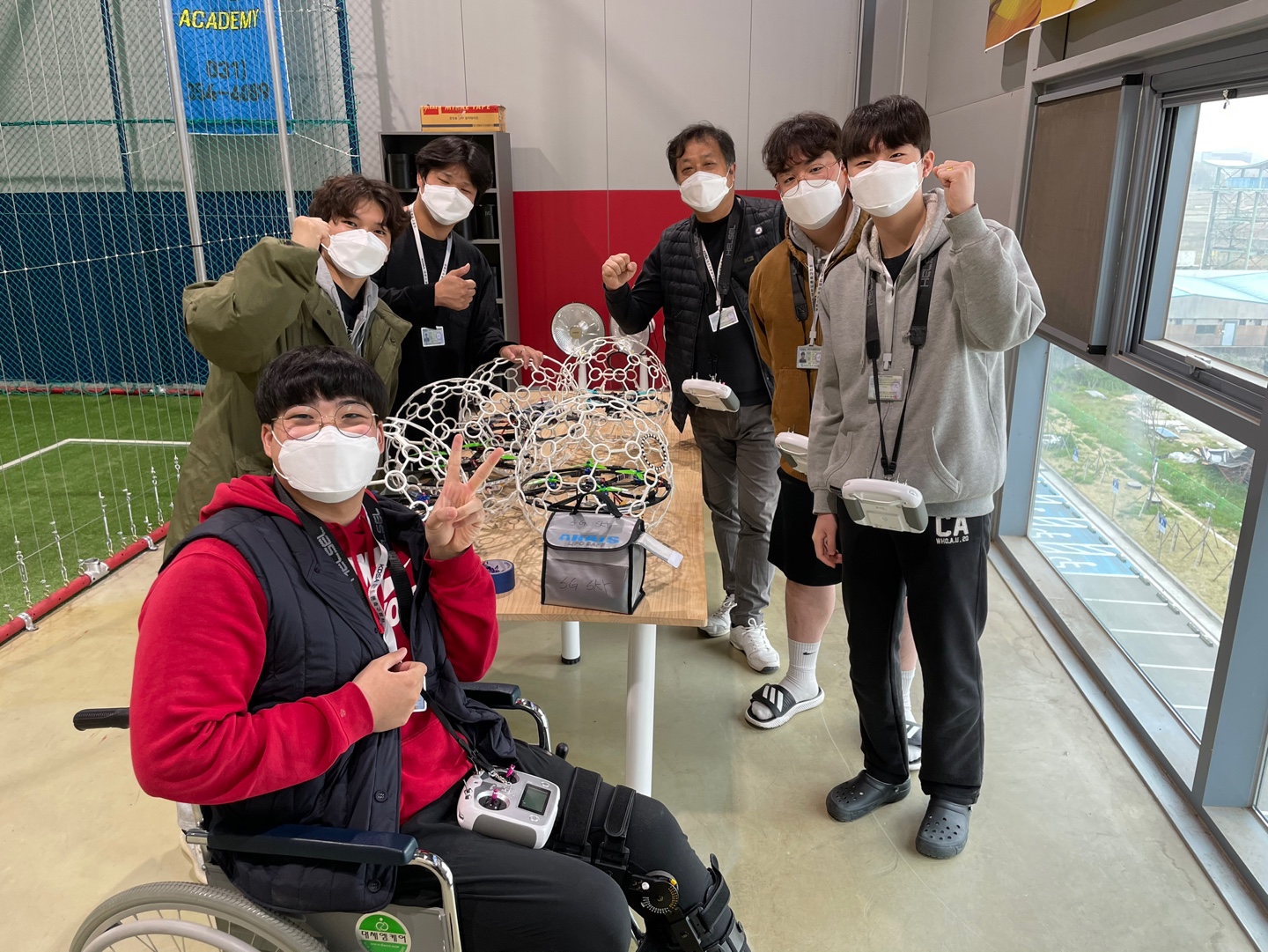
Introduction
But don’t just think that drone soccer is all the thrills of a sport: it’s a demonstration of skills and technologies that have far-reaching implications beyond the playing pitch. With the growth of drone soccer it is becoming more clear that the skills you develop from this sport can turn into very useful skills set in different industries. From precision flying to teamwork to problem solving, the skills developed through Drone soccer are becoming more relevant across a wide variety of career paths. Here’s a glimpse of how Drone soccer proficiency are taking the world by storm.
Aerospace and Aviation
1- Precision Control: The most straightforward of all applications of Drone soccer skills comes in the aerospace and aviation industries. The fine control and maneuvering that a drone pilot must exercise in a soccer match carry over nicely to flying aircraft and spacecraft. In aviation, where the ability to work complex controls and make split-second decisions is a must-have, this is especially useful.
In addition, there are flight simulators and other training programs that could also use this technology similar to Drone soccer. Flying drones in a competitive environment teaches insights into handling and control that aid flight simulation training for the next generation of pilots and aerospace designers.
Robotics and Automation
Two categories 283 Technical Knowledge and Skills Developed in Aerodynamics Involves Understanding Of: Technical skill: The skills learned involved in Drones Soccer include technical knowledge and experience on how to operate drones, understand, troubleshoot, and resolve technical issues that arises. Engineers and technicians working in this field can benefit from knowing how to use drone technology, as it is based on many of the same principles of robotics, including sensors, control systems, and automation.
Robotics Development : Drone soccer may lead to the innovation and development of new technology and methods. Problem solving: Making split-second decisions about the next move during a match to win becomes problem solving in the world of robotics development, where engineers often face challenges of a complex nature.
On Site Event Management & Production
Event Coordination: Planning, coordinating, and executing Drone soccer tournaments is a complex process that can help someone gain skills crucial to succeeding in the event management and production industry. Drone soccer requires coordination of various components, including venues, logistics management, teams, and spectators, providing valuable knowledge and experience in organizing events like Pitch-Grounds.
Tech Incorporation – Drone soccer incorporates advanced technology like live streaming and real-time scoring that can be adopted at other events. The skills involved in integrating and managing technology used to enhance the abilities of spectators are useful for professionals working in sports broadcasting, live-event production and entertainment.
Engineering and Design
Engineering Fundamentals: Drone soccer also involves fundamental engineering concepts such as aerodynamics, structural design, and material science, which are equally paramount in other engineering fields. This knowledge will help engineers developing other aircraft, vehicles, or machinery and how to incorporate similar concepts to enhance designs and performance.
Use in Product Development — The iterative process of design that worked towards customizing drones specific for soccer can also find its use in developing products in any other industry. The engineers and designers trained in building and optimizing drones can export those methods to develop and iterate on products in other industries.
Education and Training
STEM Education: This use of drones can provide a way to teach students about science, technology, engineering, and math. By utilizing Drone soccer in the classroom, educators can help students develop an interest in STEM career paths where some of the skills gained are directly applicable.
Skill Development: The teamwork, communication and problem-solving techniques learned through Drone soccer has its value in the field of education. Such abilities can help students develop teamwork, critical thinking, and problem-solving skills, which can be beneficial in both academic and professional pursuits.
Marketing and Media
Content Creation: The dynamic nature of Drone soccer provides rich material for content creation. Capturing and producing professional quality footage of drone matches requires a skillset that translates well into marketing and media, where engaging content is critical to attracting an audience and moving product.
Innovative Brand Engagement: The unique nature of Drone soccer creates opportunities for brand engagement and promotion that can be leveraged across various channels. Drone soccer demographics reveal the perfect target audience for companies looking to set themselves apart; by integrating the sport into their marketing strategy, partnering with tech-savvy participants can improve business image and reach.
Security and Surveillance
Security and Surveillance: The skills vital for flying and controlling a drone during a soccer game have practical applications in the area of security and surveillance. Training operators to successfully fly drones for both monitoring and surveillance improves security operations and provides a stronger situational awareness in all locations.
Data Analysis: The skills gained from processing and analyzing data from drone sensors in soccer can carry over to interpreting data collected during security and surveillance operations. The focus gained around this expertise can be utilized to enhance the decision-making process as well as implementing delivery mechanism efficiencies specifically for the relevant domain of security applications.
Innovation and Entrepreneurship
Entrepreneurship: Drone soccer cultivates an entrepreneurial mindset and problem-solving skills that can be channeled into innovation and business development. However, since you are a drone enthusiast, I’m sure you have a lot of experience with crashing, shredding, fixing, and making drones fly — so you could start a business related to the drone industry, technology, or sports.
Innovation Ecosystems: The invention-based problem solving and technical skills learned in Drone soccer can feed into innovation ecosystems. Entrepreneurs and innovators can leverage their expertise to create new products, services, and solutions that confront challenges in multiple industries.
Conclusion
Drone soccer is not just an exciting sport, it’s also pipeline for the skills and expertise needed in a wide range of different industries. These skills, which are greatly beneficial in the professional world, can be applied across domains such as aerospace, robotics, event management, education, and so on. As the sport evolves, its influence across various domains will also expand, creating valuable prospects for both individuals and enterprises alike. Professionals can build on their experience and drive innovation by identifying crossover skillsets of Drone soccer.
